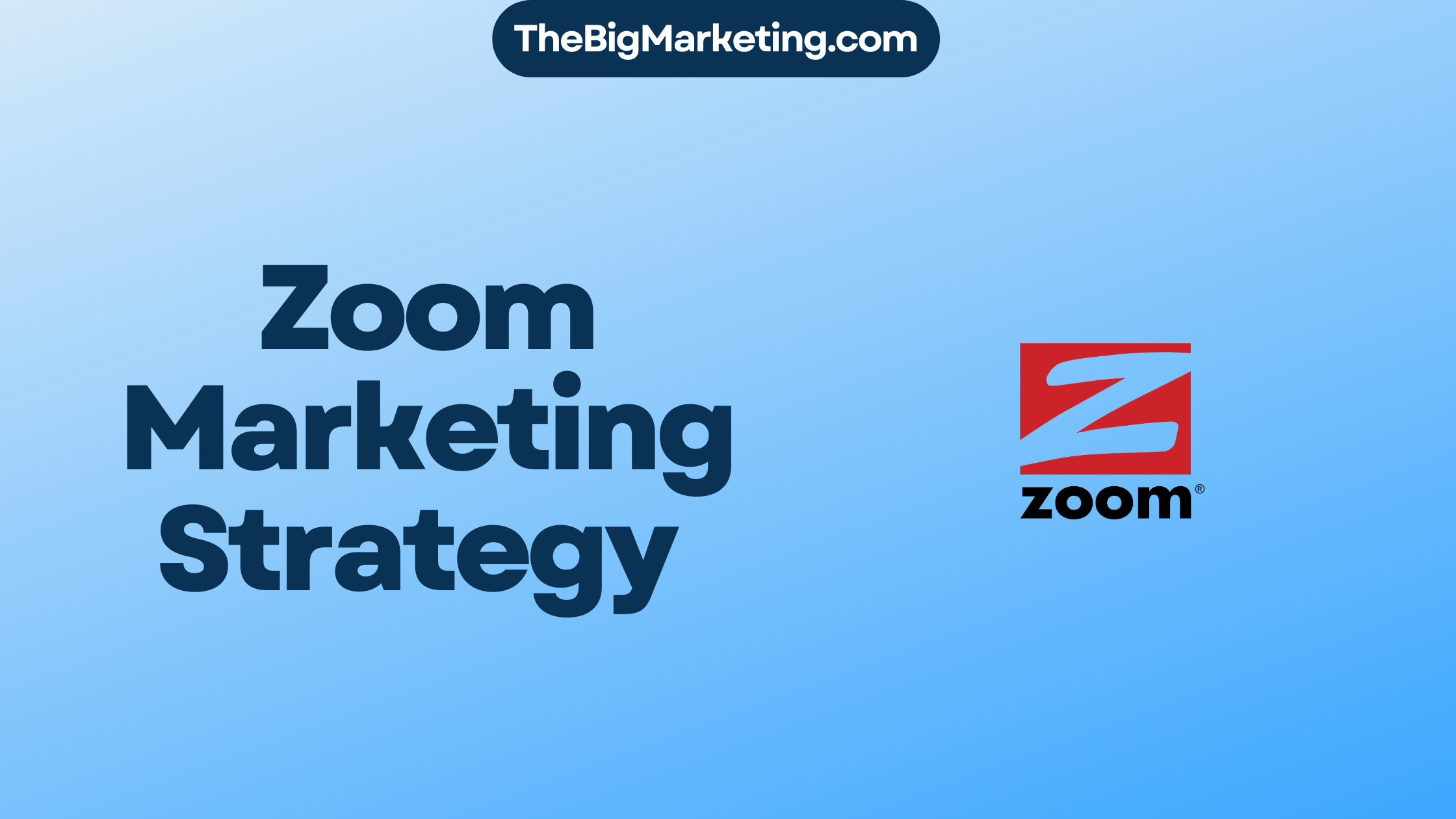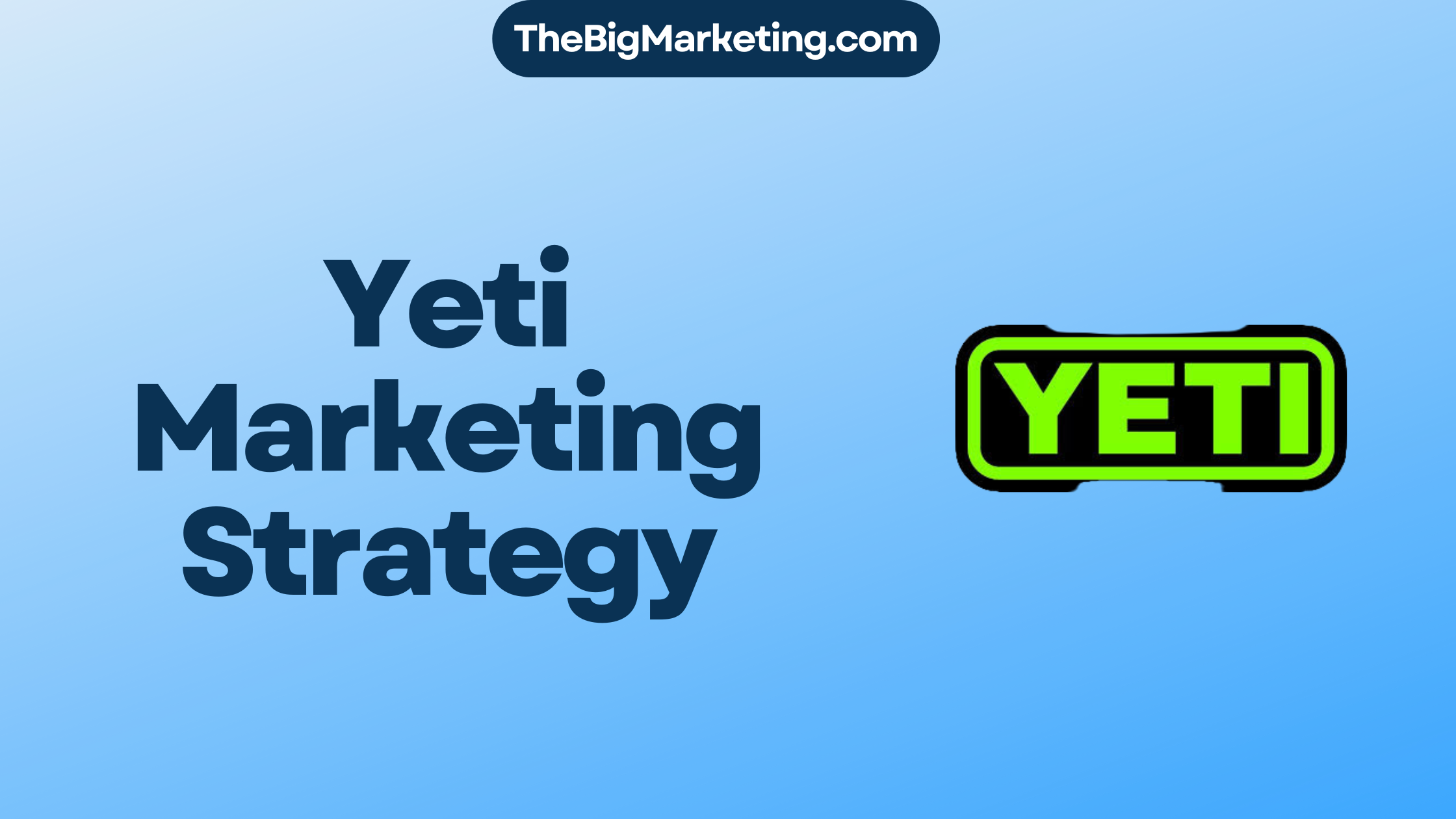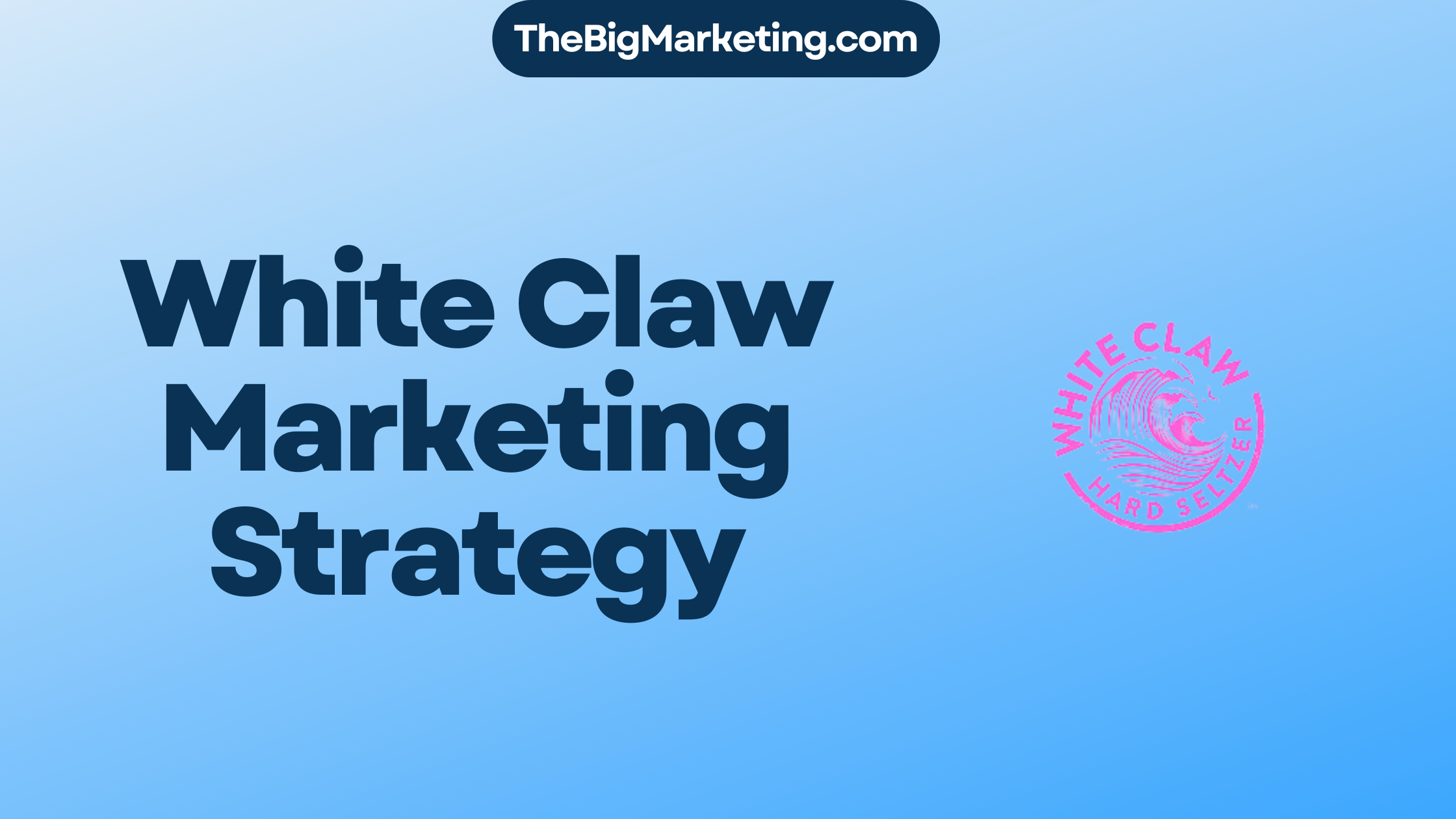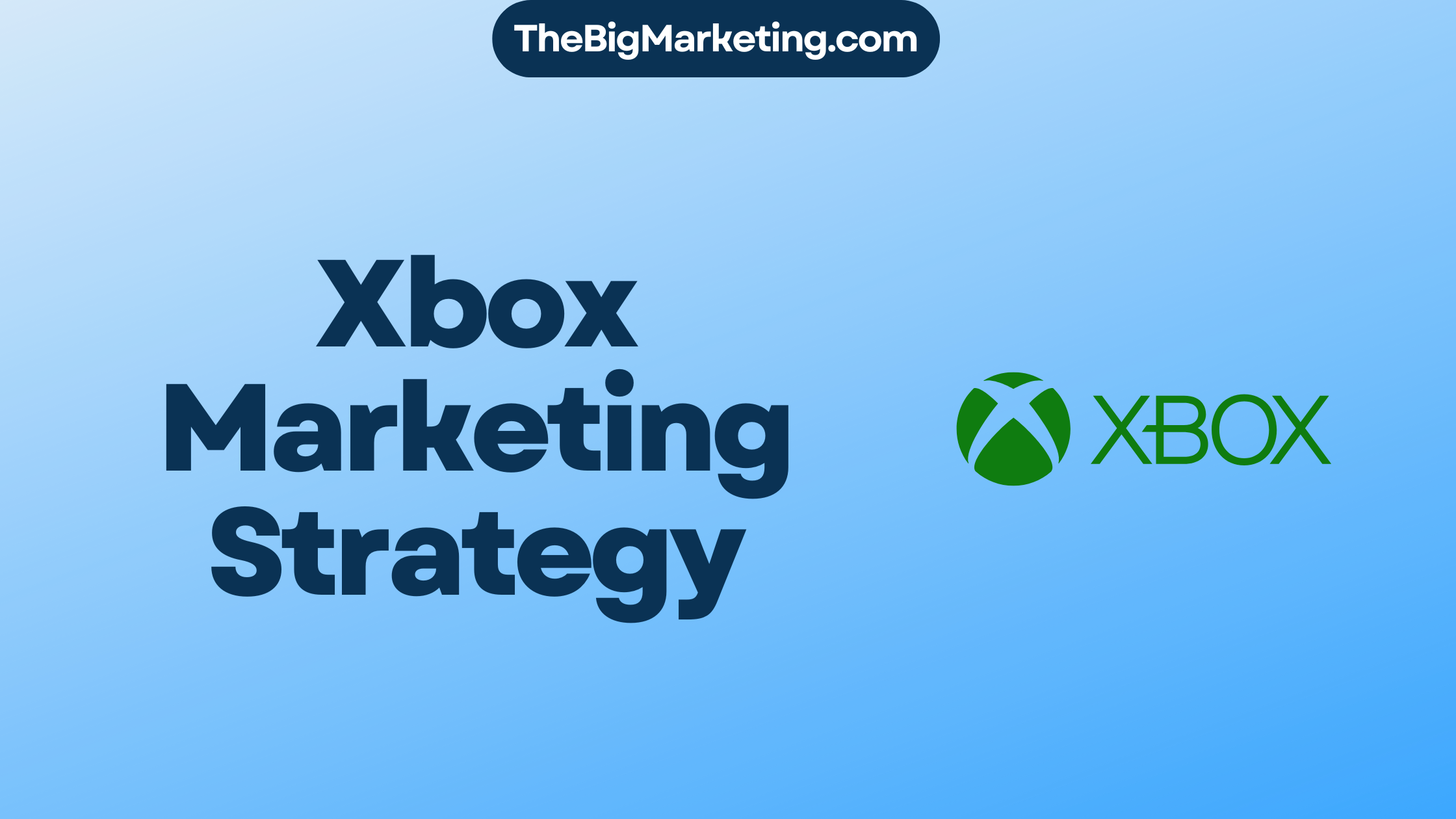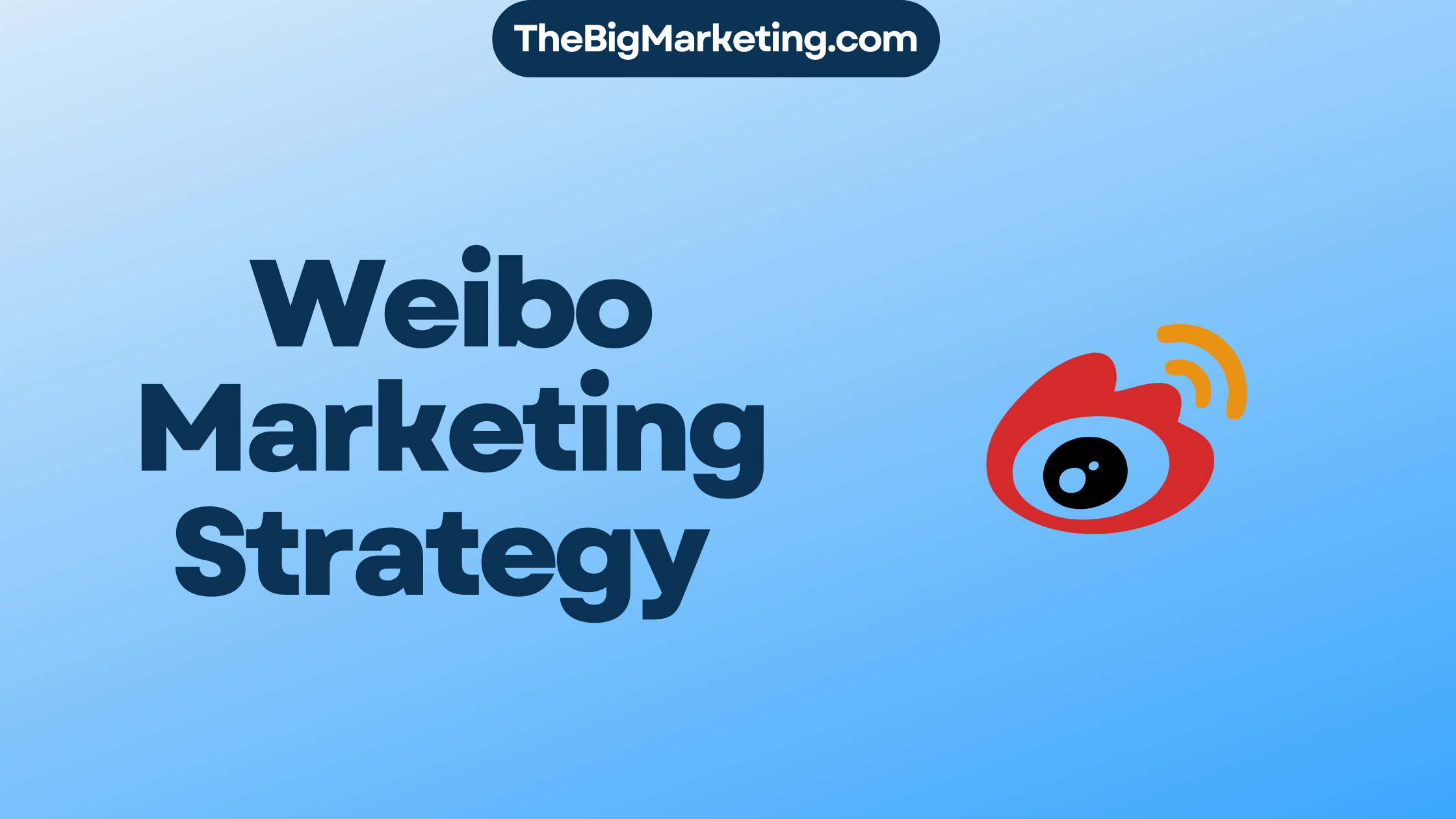In today’s digital era, online marketing has become an essential strategy for businesses to reach their target audience and drive sales. One effective approach is information marketing, which involves using valuable information to generate income. Whether you’re a content creator, entrepreneur, or aspiring marketer, understanding the concept of information marketing can open doors to new opportunities.
Information marketing encompasses various aspects of digital marketing, including content marketing, social media marketing, affiliate marketing, and more. It revolves around the creation and monetization of information products, such as ebooks, online courses, webinars, and other digital resources. By providing valuable knowledge, insights, and solutions, information marketers can attract and engage a targeted audience, ultimately driving revenue.
Key Takeaways:
- Information marketing is a lucrative business model that utilizes valuable information to generate income.
- Online marketing strategies like content marketing, social media marketing, and affiliate marketing are integral to information marketing.
- Information products, such as ebooks, online courses, and webinars, are popular formats for monetizing knowledge.
- By providing valuable insights and solutions, information marketers can attract and engage a targeted audience.
- Understanding the concept of information marketing can open doors to new opportunities in the digital landscape.
What is Information Marketing?
Information marketing is a lucrative business model that leverages the power of information to generate income. It revolves around the sale or monetization of valuable information, making it a highly profitable venture. This business model involves organizing, distributing, and marketing data to collect, solve, interpret, and circulate valuable information to a specific audience known as a niche.
Successful information marketing relies on the creation and sale of information products that address a specific need or provide valuable knowledge to the target audience. These information products can be in various formats, such as ebooks, video courses, webinars, and more, catering to different learning preferences and consumption habits.
One of the key advantages of information marketing is the opportunity for passive income. Once the information products are created and marketed effectively, they can generate continuous income without requiring ongoing, active effort. This makes it an attractive avenue for individuals looking to work on their own terms and build a sustainable business.
Overall, information marketing is a dynamic business model that combines valuable information, niche marketing, and the potential for passive income. It enables individuals to leverage their expertise and knowledge to create valuable products that serve a specific audience’s needs and generate sustainable income.
Benefits of Information Marketing:
- Low startup cost compared to other business models
- Flexible work schedule and location
- Potential for passive income
- Opportunity to share valuable knowledge and expertise
- Create products that solve problems and cater to specific niches
By harnessing the power of information marketing, individuals can create a profitable business model that provides both financial and personal fulfillment.
Top 7 Information Marketing Examples
Looking to generate income online? Explore these information marketing examples that offer unique opportunities to monetize valuable information and reach a targeted audience:
- Ebooks: Create and sell ebooks on topics of interest to your target audience.
- Workbooks and templates: Develop and sell workbooks and templates that provide actionable guidance and valuable resources.
- Online courses: Design and offer comprehensive online courses that teach specific skills or knowledge.
- Live events and recording: Host live events and record them for sale as valuable resources.
- Webinar recordings: Sell recorded webinars that provide valuable insights and expertise on specific topics.
- Membership sites: Run membership sites where members pay to access exclusive content and resources.
- Expert interviews and recording: Conduct interviews with industry experts and sell the recorded interviews as valuable information products.
Each of these information marketing examples presents an opportunity to leverage your expertise and knowledge to generate income online. Utilize these strategies to create high-quality content that solves problems and meets the needs of your target audience.
Benefits of Information Marketing
Information marketing offers several business benefits for individuals looking to generate income online. Let’s explore some of the key advantages of this lucrative business model:
1. Passive Income
One of the major advantages of information marketing is the potential for earning passive income. By creating and selling information products, such as ebooks, video courses, or webinars, you can generate revenue repeatedly without additional effort. Once you’ve created and marketed your products, you can continue to make sales and earn income while focusing on other aspects of your business or enjoying your personal time.
2. Flexible Work
Information marketing provides flexibility in terms of work location and schedule. Unlike traditional office jobs, you have the freedom to work from the comfort of your own home or any location of your choice. You can set your own hours and design a work routine that suits your lifestyle. This flexibility allows you to achieve a better work-life balance and pursue other personal interests or commitments.
3. Low Startup Cost
Compared to other online businesses, information marketing has a relatively low startup cost. You don’t need a large amount of capital to get started, as you can create and sell digital products without incurring significant expenses. With minimal investment, you can build a profitable information marketing business and achieve a high return on investment (ROI) over time.
These benefits make information marketing an attractive business option for individuals who want to generate income online while enjoying a flexible work lifestyle. The ability to earn passive income, work on your own terms, and start with low startup costs make information marketing a viable and accessible business model for a wide range of people.
Marketing Information System Explained
A marketing information system plays a crucial role in helping companies analyze marketing data, customer information, and competitor data to make informed decisions about their marketing strategies and campaigns. By collecting and storing relevant data, the system enables organizations to identify target markets, track customer feedback, monitor market trends, and measure the success of their marketing efforts.
The success of a marketing information system relies on the accurate collection, storage, analysis, and dissemination of data. Through careful data analysis, organizations can gain valuable insights that shape their marketing strategies and allow them to make data-driven decisions. By leveraging customer information and competitor data, companies can better understand their target audience, identify market trends, and develop effective marketing campaigns.
Implementing a marketing information system empowers organizations to create customer-centric marketing strategies that cater to the needs and preferences of their target audience. By staying informed about customer behavior and market dynamics, companies can adapt their marketing activities to drive better results and gain a competitive edge.
Overall, a well-designed marketing information system acts as a valuable tool in the decision-making process, providing organizations with the necessary data and insights to develop and execute successful marketing strategies.
Example of Marketing Information System Process
| Process | Description |
|---|---|
| Data Collection | Gathering relevant marketing data, including customer information and competitor data, through various channels such as surveys, interviews, and market research. |
| Data Analysis | Thoroughly examining and interpreting collected data to extract meaningful insights and identify trends that can guide marketing strategies. |
| Data Storage | Safely and securely storing the collected data in a centralized database or system that allows for easy access and retrieval when needed. |
| Data Dissemination | Distributing the analyzed data and insights to relevant stakeholders within the organization, ensuring that the information reaches decision-makers in a timely manner. |
| Decision-Making | Using the collected and analyzed data to make informed decisions about marketing strategies, campaigns, target markets, and customer segmentation. |
Uses of Marketing Information System
A marketing information system (MIS) plays a crucial role in helping organizations make informed decisions about their marketing activities. By collecting and analyzing data about customers, their preferences, and needs, an MIS provides valuable insights that enable organizations to develop more effective and efficient marketing strategies.
Market Segmentation
One of the key uses of an MIS is market segmentation. By analyzing customer data, organizations can segment the market based on demographics, psychographics, and behavior. This segmentation allows businesses to tailor their marketing efforts to specific customer groups, ensuring that they are targeting the right audience with the right messages.
Positioning Products
An MIS also helps organizations in positioning their products or services in the market. By understanding customer preferences and competitor offerings, businesses can identify unique selling points and develop marketing strategies that highlight their competitive advantages. This enables businesses to differentiate themselves in the market and attract the attention of their target customers.
Pricing Decisions
Data collected through an MIS can also be used to make pricing decisions. By analyzing market trends and customer behavior, organizations can determine optimal pricing strategies that maximize profitability while remaining competitive in the market. This data-driven approach to pricing ensures that businesses are setting prices that resonate with their target customers.
Tracking Leads and Conversions
An MIS is invaluable in tracking leads and conversions. By monitoring customer interactions and analyzing conversion data, organizations can identify areas for improvement in their sales funnels and take proactive measures to optimize lead conversions. This helps businesses increase their conversion rates and maximize their return on marketing investments.
Identifying Revenue Generation Opportunities
An MIS provides insights into market trends and customer preferences, enabling organizations to identify revenue generation opportunities. By staying informed about market changes and emerging customer needs, businesses can develop new products or services that align with market demands. This proactive approach to identifying revenue opportunities helps organizations stay ahead of the competition and drive growth.
Gaining a Competitive Edge
By utilizing an MIS, organizations can gain a competitive edge in the market. The system provides valuable information about competitors and their strategies, allowing businesses to benchmark their performance and identify areas where they can outperform their rivals. This competitive intelligence enables organizations to make informed decisions that give them an edge in the market.
In summary, a marketing information system is an essential tool for organizations looking to excel in their marketing efforts. By leveraging data collection and analysis, it enables businesses to make informed decisions about market segmentation, product positioning, pricing, lead tracking, revenue generation, and gaining a competitive edge. By harnessing the power of an MIS, organizations can develop more effective marketing strategies and drive success in today’s competitive marketplace.
Types of Data in Marketing Information System
A marketing information system relies on various types of data to provide valuable insights for marketing decision-making. These types of data include:
- Customer data: This includes demographics, psychographics, and behavior of the target audience. It helps in understanding customer preferences, needs, and purchasing patterns.
- Market data: This involves analyzing market trends, competitor performance, and industry insights. It provides an understanding of the market dynamics and helps in identifying opportunities and threats.
- Acquired database data: This data is obtained from external sources such as third-party providers or purchased databases. It can include additional customer information, contact details, or industry-specific data.
- Internal company data: This refers to the data collected and stored by the company itself. It can include sales data, customer interactions, website analytics, and more. Internal data provides insights into the company’s own performance and customer interactions.
- Marketing intelligence data: This data is gathered from both internal and external sources to gain insights into the competitive environment. It includes industry reports, market research, social media monitoring, and competitor analysis.
- Marketing research data: This data is collected through interviews, surveys, focus groups, or other research methods to gain insights into customer preferences, needs, and behavior. It helps in understanding market segments, identifying customer pain points, and developing effective marketing strategies.
An effective marketing information system integrates these various types of data to provide a comprehensive view of the market, customers, and competitors. By analyzing and interpreting this data, businesses can make data-driven decisions and develop targeted marketing strategies.

Marketing Information Management Process
In order to effectively manage marketing information, a well-defined process should be followed. This process includes data collection, analysis, distribution, decision-making, and data integration. By following this structured approach, businesses can ensure that the information they gather is used effectively to drive their marketing strategies and achieve their goals.
Data Collection
The first step in the marketing information management process is to establish clear goals and identify the specific data that needs to be collected. This includes determining the sources from which the data will be collected and the methods that will be used to gather it. The data can come from various channels such as customer interactions, market research, social media, and website analytics.
Data Analysis
Once the data has been collected, it needs to be analyzed to extract meaningful insights. This involves using various techniques and tools to identify patterns, trends, and correlations within the data. The analysis can help businesses identify customer preferences, market trends, and opportunities for improvement or growth.
Data Distribution
After the data has been analyzed, it needs to be distributed to the relevant departments or individuals within the organization. This ensures that the insights gained from the data analysis are shared with key stakeholders who can use it to inform their decision-making. Effective data distribution is crucial for ensuring that the right information reaches the right people at the right time.
Decision-Making
The insights gained from the data analysis play a crucial role in decision-making processes. By using the information collected and analyzed, businesses can make informed decisions about their marketing strategies, such as targeting specific customer segments, developing personalized campaigns, or adjusting pricing strategies. Data-driven decision-making helps businesses maximize the effectiveness of their marketing efforts and achieve better results.
Data Integration
Integrating marketing information with existing systems is essential for gaining a holistic view of customer behavior and sales performance. By integrating data from various sources, businesses can track customer interactions across multiple touchpoints and gain a comprehensive understanding of their customers’ preferences and needs. This integration enables businesses to deliver more personalized and targeted marketing experiences.
Benefits of Marketing Information System
A marketing information system (MIS) plays a crucial role in helping organizations make informed decisions and optimize their marketing strategies. By leveraging data analysis and customer insights, MIS provides valuable benefits that contribute to improved market performance and decision-making. Let’s explore some of the key advantages:
1. Enhanced Decision-making
MIS empowers organizations with data-driven insights into customer preferences, market trends, and the effectiveness of marketing strategies. This enables better-informed decision-making, as organizations can leverage these insights to refine their marketing approaches and maximize their impact.
2. Customer Insights and Understanding
Through data analysis and tracking customer behavior, MIS allows organizations to gain a deeper understanding of their target audience. By harnessing customer insights, organizations can tailor their marketing efforts to align with customer preferences, needs, and expectations, leading to more effective and personalized campaigns.
3. Market Performance Tracking
MIS enables organizations to monitor and evaluate their market performance by analyzing key metrics and indicators. By tracking factors such as customer acquisition, conversion rates, and revenue generation, organizations can identify areas of improvement and make data-driven adjustments to their marketing strategies.
4. Competitive Analysis
MIS facilitates competitor analysis by providing access to relevant market data. By monitoring competitor activities, organizations can stay ahead of the competition, identify market trends, and seize opportunities for growth. This strategic advantage enables organizations to refine their marketing strategies to gain a competitive edge.
5. Efficient Resource Allocation
Effective marketing strategies require optimized resource allocation. MIS helps organizations allocate their resources efficiently by providing insights into the performance and ROI of various marketing activities. By identifying high-impact initiatives and eliminating or reallocating resources from lower-performing ones, organizations can achieve greater cost-effectiveness and maximize their marketing efforts.
By leveraging the benefits of a marketing information system, organizations can optimize their marketing strategies, make data-driven decisions, and gain a competitive advantage in the market.
| Benefits | Explanation |
|---|---|
| Enhanced Decision-making | Data-driven insights improve decision-making processes, leading to more effective marketing strategies. |
| Customer Insights and Understanding | Data analysis and tracking customer behavior provide valuable insights into target audience preferences and needs. |
| Market Performance Tracking | Monitoring key metrics allows organizations to assess market performance and make data-driven adjustments. |
| Competitive Analysis | Access to relevant market data enables organizations to stay ahead of competitors and identify growth opportunities. |
| Efficient Resource Allocation | Insights into marketing activities’ performance help optimize resource allocation for maximum effectiveness. |

Conclusion
Information marketing and the use of a marketing information system are powerful tools in the digital marketing landscape. By capitalizing on the potential of information products and leveraging data-driven insights, individuals and organizations can drive success in the ever-evolving digital ecosystem.
Throughout this article, we explored various information marketing examples, such as ebooks, online courses, and expert interviews, that can be replicated to generate income online. These examples highlight the versatility and profitability of information marketing as a business model.
Furthermore, implementing a marketing information system enables organizations to harness the power of data analysis in their decision-making processes. By collecting and analyzing customer information, market trends, and competitor data, companies can develop more effective marketing strategies, gain a competitive edge, and better understand their target audience.
In an increasingly digital world, digital marketing strategies that prioritize information marketing and leverage marketing information systems are vital for success. By embracing these tools, businesses can tap into new revenue streams and make data-driven decisions that propel them ahead of the competition.
FAQ
What is information marketing?
Information marketing is a business model that uses information to generate income by selling or monetizing valuable information products. It involves organizing and distributing marketing data to collect, solve, interpret, and circulate valuable information.
What are some examples of information marketing?
Some examples of information marketing include creating and selling ebooks, workbooks and templates, online courses, hosting live events and recording them for sale, selling webinar recordings, running membership sites, and conducting expert interviews and recording them for sale.
What are the benefits of information marketing?
Information marketing offers several benefits, including the opportunity for passive income, flexibility in terms of work location and schedule, and a relatively low startup cost compared to other online businesses.
What is a marketing information system?
A marketing information system is a series of processes, software, and systems used by companies to analyze marketing data, customer information, and competitor data. It helps companies make informed decisions about their marketing strategies and campaigns.
What are the uses of a marketing information system?
A marketing information system is used to collect and analyze data about customers, their preferences, and needs. This data is then utilized for market segmentation, product positioning, pricing decisions, lead tracking and conversions, revenue generation opportunities, and gaining a competitive edge in the market.
What types of data are used in a marketing information system?
A marketing information system relies on various types of data, including customer data (such as demographics and behavior), market data (such as trends and competitor performance), acquired database data from external sources, internal company data collected and stored by the company, marketing intelligence data gathered from internal and external sources to understand the competitive environment, and marketing research data collected through interviews, surveys, and focus groups to gain insights into customer preferences and needs.
What is the marketing information management process?
The marketing information management process involves establishing goals, identifying the data that needs to be collected, creating a plan for data management, informing relevant departments about the system, selecting data management tools, analyzing the collected data for insights, implementing strategies based on the analysis, and tracking progress to measure success. Integration with existing systems is also important to effectively track customer behavior and sales performance.
What are the benefits of a marketing information system?
A marketing information system allows for better-informed decision-making by providing data-driven insights into customer preferences, market trends, and the effectiveness of marketing strategies. It enables organizations to understand their target audience, improve marketing efforts, track market performance, conduct competitor analysis, and identify opportunities for growth.
How can information marketing and a marketing information system benefit digital marketing?
Information marketing and a marketing information system are powerful tools in the digital marketing landscape. Information marketing allows individuals and organizations to generate income by creating and selling valuable information products. A marketing information system provides data-driven insights that enable informed decision-making for effective marketing strategies and campaigns.
